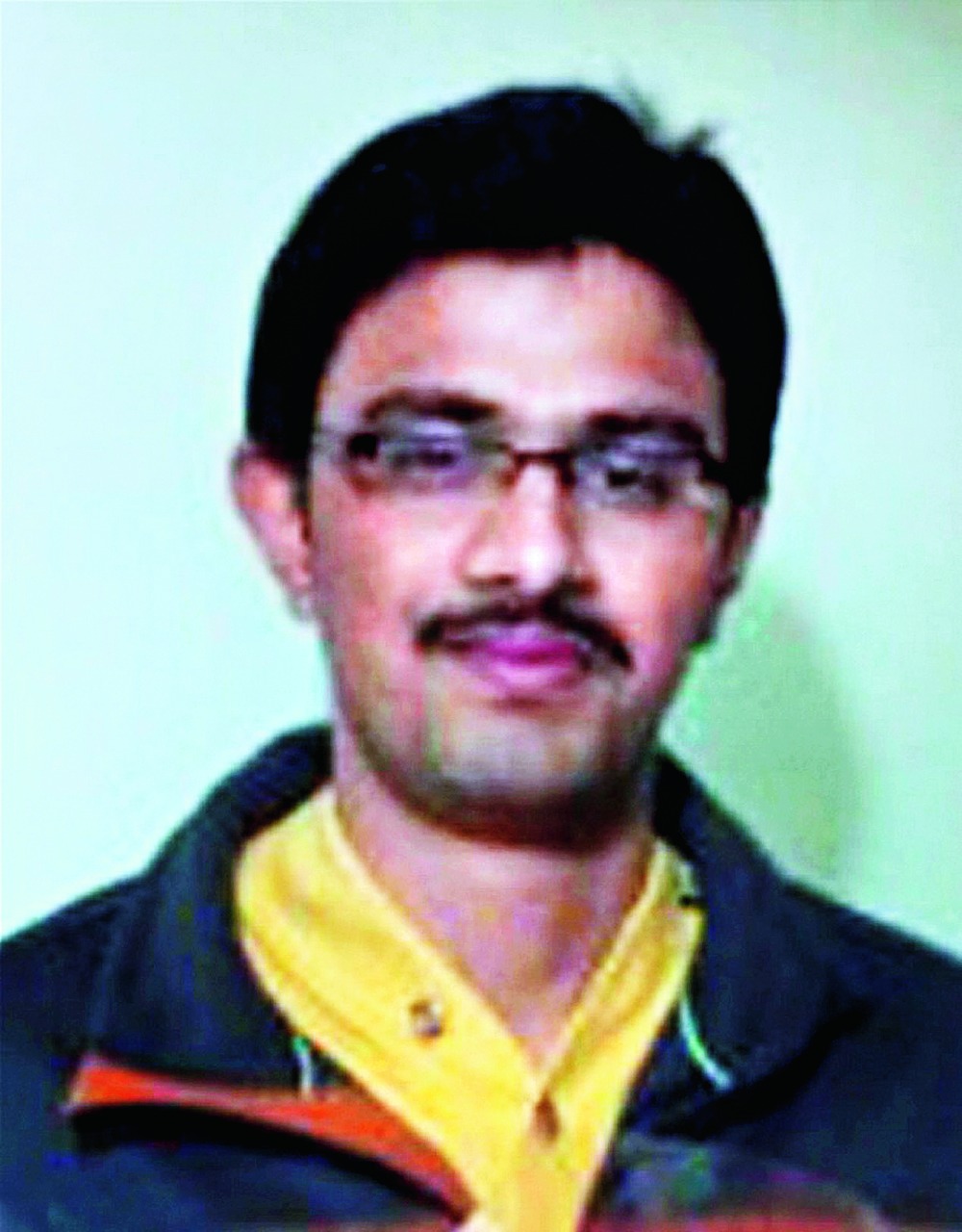
New Delhi, March 6: When exploding bombs in Brussels killed an Indian engineer last March, Prime Minister Narendra Modi was quick to offer condolences. In October, Modi didn't hesitate to dial his counterpart in Canberra when an Australian national of Indian origin was murdered.
It took gunshots in a Kansas bar-cum-grill on February 22 to break that pattern from Modi, at a time India is grappling with uncertainties in its ties with the US under a Donald Trump administration.
The otherwise social media savvy Modi has remained mum even on Twitter 12 days after 32-year-old Indian engineer Srinivas Kuchibhotla was shot dead in an apparent hate crime in Kansas, and amid growing attacks on Indian Americans.
His foreign office, led by external affairs minister Sushma Swaraj, is pursuing rising security concerns of Indians in the US and of the Indian American community, articulating its worries to Washington and offering consular support even to those who are American citizens.
But the Modi administration has bet on keeping the Prime Minister out of any public articulation of these concerns, at a time India is wooing Trump over other worries including threats to slash work visas, two officials said.
The government, the officials suggested, does not want to risk any misunderstanding involving Modi and the Trump administration before the Indian Prime Minister has even met the US President.
But other officials conceded it was unclear whether the Prime Minister's silence was buying India any leverage with Trump.
Modi's silence after Srinivas's killing stands out starkly in particular because the engineer was a keen supporter of the Prime Minister, according to his wife Sunayana Dumala.
"He was very proud of Mr Narendra Modi ji and India," Sunayana wrote of her husband in a Facebook post last week. "He was sure that India had finally found the leader that could make India shine."
Officials also accepted that this silence had made it impossible for the Indian mission in Washington to even informally suggest to the White House condemnation by Trump.
When Trump did criticise the Kansas attack, six days later during an address to the US Congress, it was after prodding from within American political establishment, including Congressmen from his own party and former Presidential election rival Hillary Clinton.
It isn't as though Modi's foreign office has been silent. Since the shooting in Olathe, Kansas, in which another Indian - Alok Madasani, a colleague of Srinivas - was also injured but survived, the Indian foreign office and missions in the US have goaded American officials to address security concerns of Indians in that country.
The Modi government, led by the Prime Minister, has made its outreach to India's 25 million diaspora - a majority of who are Indian-origin foreign nationals - a cornerstone of its foreign policy.
And in both its public and behind-the-scenes messaging, the foreign office and the Indian embassy in Washington have reached out not only to Indian nationals in America facing attacks, but also the Indian American community.
After a 39-year-old Sikh American was shot in his driveway in Washington state on Friday evening, Sushma dialled his father to share her concerns. The attacker yelled "go back to your own country" before firing, according to the victim, who survived. When a Gujarati American storeowner was shot dead earlier last week in South Carolina, the Indian consulate in Atlanta - closest to South Carolina - sent officers to meet the victim's family.
Officials of the Indian consulate in Houston had in February driven to Olathe to meet Sunayana after her husband was killed, to facilitate the repatriation of his body.
In these cases involving American nationals of Indian origin, New Delhi has little diplomatic legitimacy in pressing the Trump administration or state officials on the need for swift justice.
Still, Indian ambassador to the US Navtej Sarna yesterday spoke with officials of the State Department to seek enhanced security for the Indian and Indian American communities in America.
"State Department, on behalf of US Congress, expressed condolences and assured they are working with all agencies concerned to ensure speedy justice," the Indian embassy said in a brief statement on Sarna's conversations.
But amid those efforts, Modi has stayed quiet, in sharp contrast to his response - and even that of his far less voluble predecessor Manmohan Singh - to similar incidents in the past.
In the summer of 2009, when Indian students faced serial race attacks in Australia, Singh telephoned his then counterpart Kevin Rudd twice to articulate India's concerns, and iterated those worries in a public statement when they first met after those conversations.
Modi has taken to Twitter - and the occasional telephone call to a world leader - to condemn every major terrorist attack in the world since he took office.
On April 1, after Belgian authorities confirmed that Infosys engineer Raghavendran Ganesan was among the victims of a bomb blast on a subway car a week earlier, Modi condoled his death.
"A young life, full of hope and promise cut short by mindless violence," Modi wrote on Twitter. "Condolences to family of Raghavendran, who lost his life in Brussels."
Then, on October 30, Modi telephoned Australian Prime Minister Malcolm Turnbull after an Indian-origin man, Manmeet Alisher, was killed there in an apparent hate crime. Alisher was an Australian citizen, but Modi articulated his concerns nonetheless.










